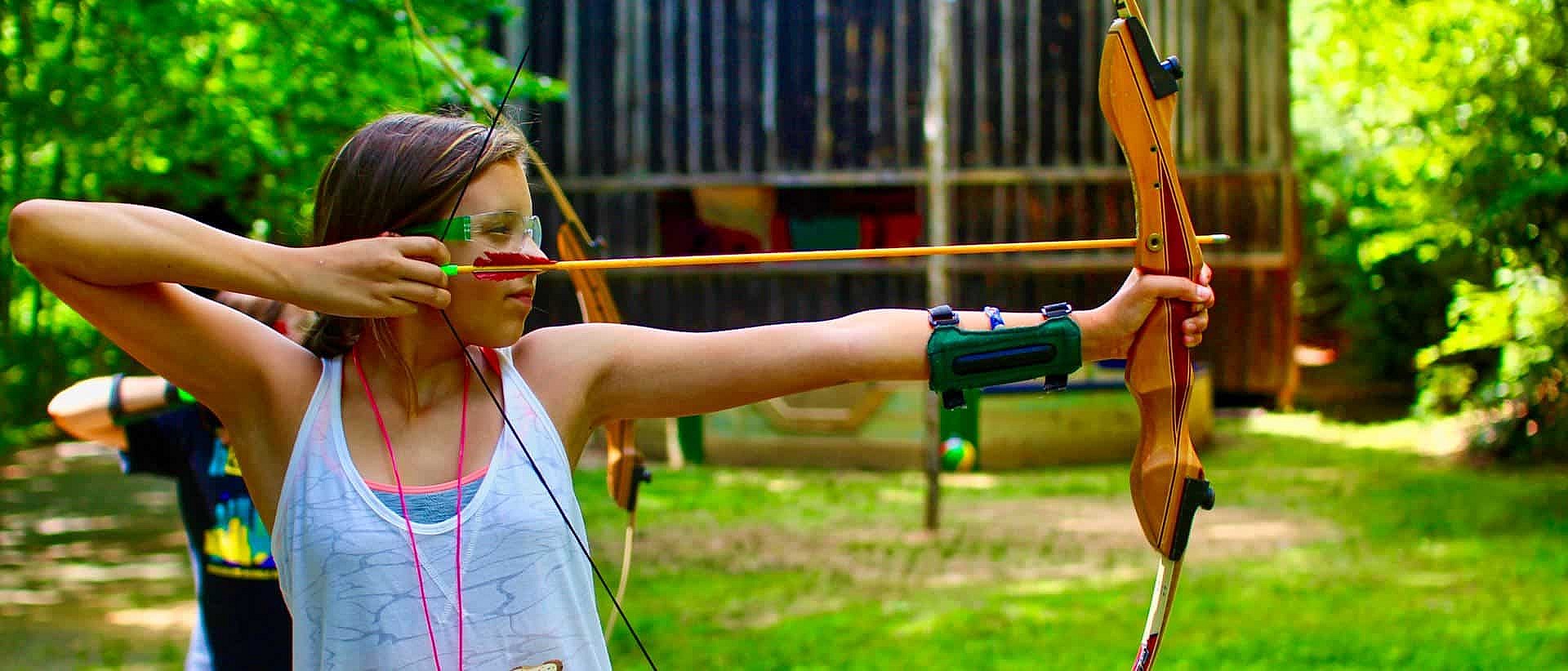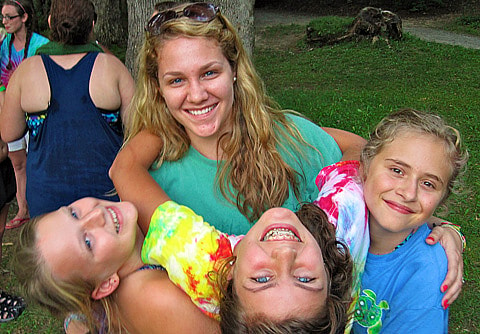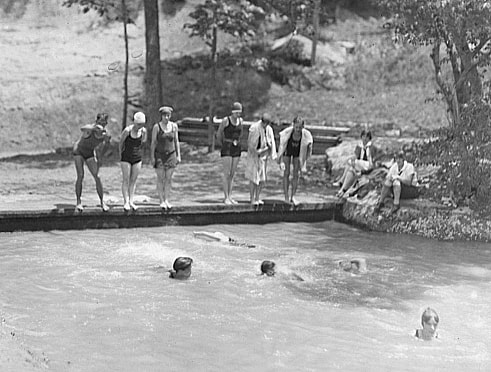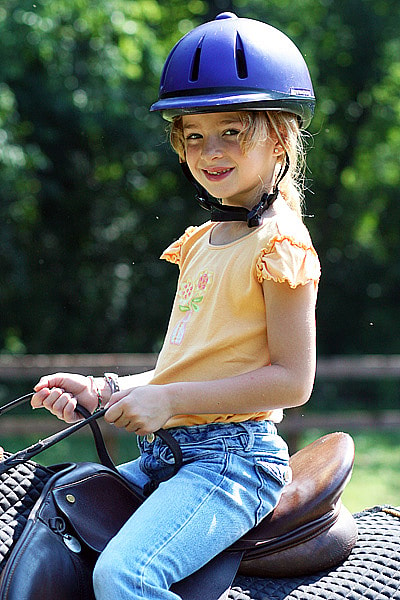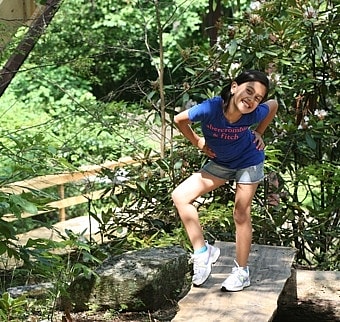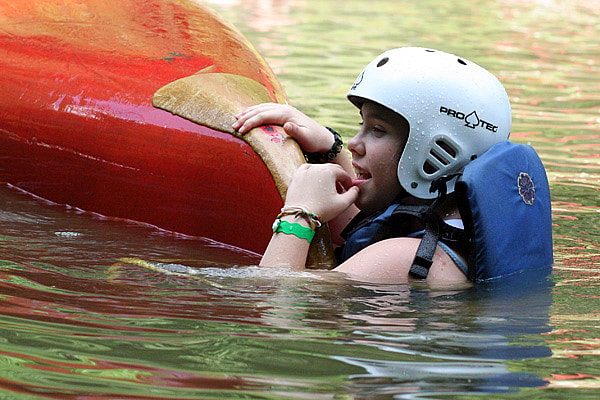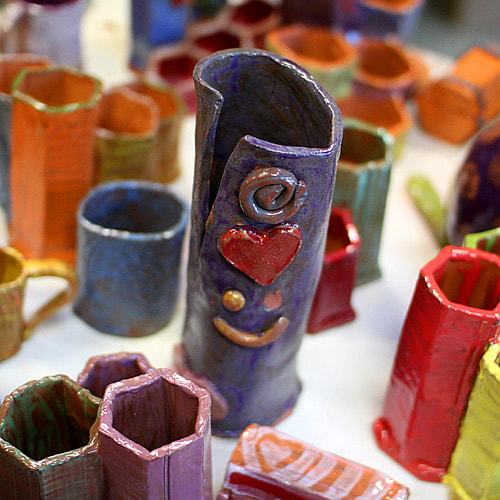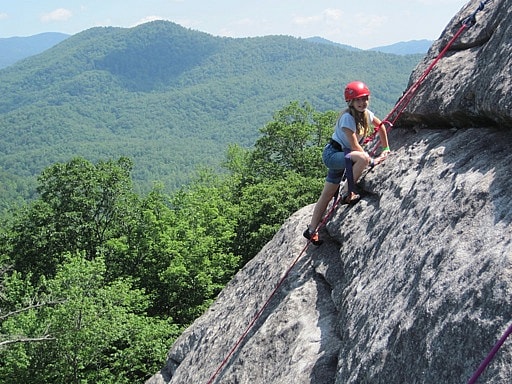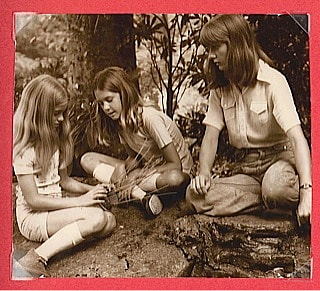If you spend time around teenagers, it’s easy to see them exhibit “sensation seeking” behaviors. They thrive on new experiences and stimuli of all kinds, and tend to take surprising risks. In fact it’s widely accepted within psychology that this personality trait is a dominant force in the lives of teen girls and boys. This sensation seeking is thought to be an evolutionary skill, something that helps teens learn new things, become more independent from their parents and to increase their social competence. Overall, it’s a good thing.
On the other hand, chasing novelty like this, even if they’re unaware of it, can sometimes get teenagers into trouble. As a young teen girl or boy is bombarded by urges to experience new things and to be included in their peer group, they may lack the cognitive development to temper risky behaviors, or blindly hold the perceived benefits of that behavior supremely important over everything else. For example, a girl may experiment with drugs at the urging of her friends, effectively ignoring the personal, legal and health consequences of that decision, because she values the approval of her peer group more. Put differently, it’s thought that risky teenage behavior can be understood as “sensation seeking” run amok.
It’s a dilemma; we want our teenagers to experience new things and meet new people, and thereby to learn and grow from that novelty, but we also want them to choose less risky behaviors and seek out positive experiences and peer influences. How to land on the right side of that equation?
Summer camp is well suited to provide this kind of positive sensation seeking for teens. Everyday at sleepaway camp, girls can enjoy new experiences, whether they be climbing a rock, the excitement of shooting a gun, or just making friends with new and different people.
Camp is a pool of positive peer pressure. Chock full of excellent role models, it promises to help teens channel their urge for novelty and their desire to connect with friends. Camp is also a place where teens can take acceptable risks, challenging themselves in exciting new ways, even as parents can be assured their children are kept safe, encouraged and supported. It’s just an ideal environment for teens seeking sensations. It’s no wonder they love it so much!

